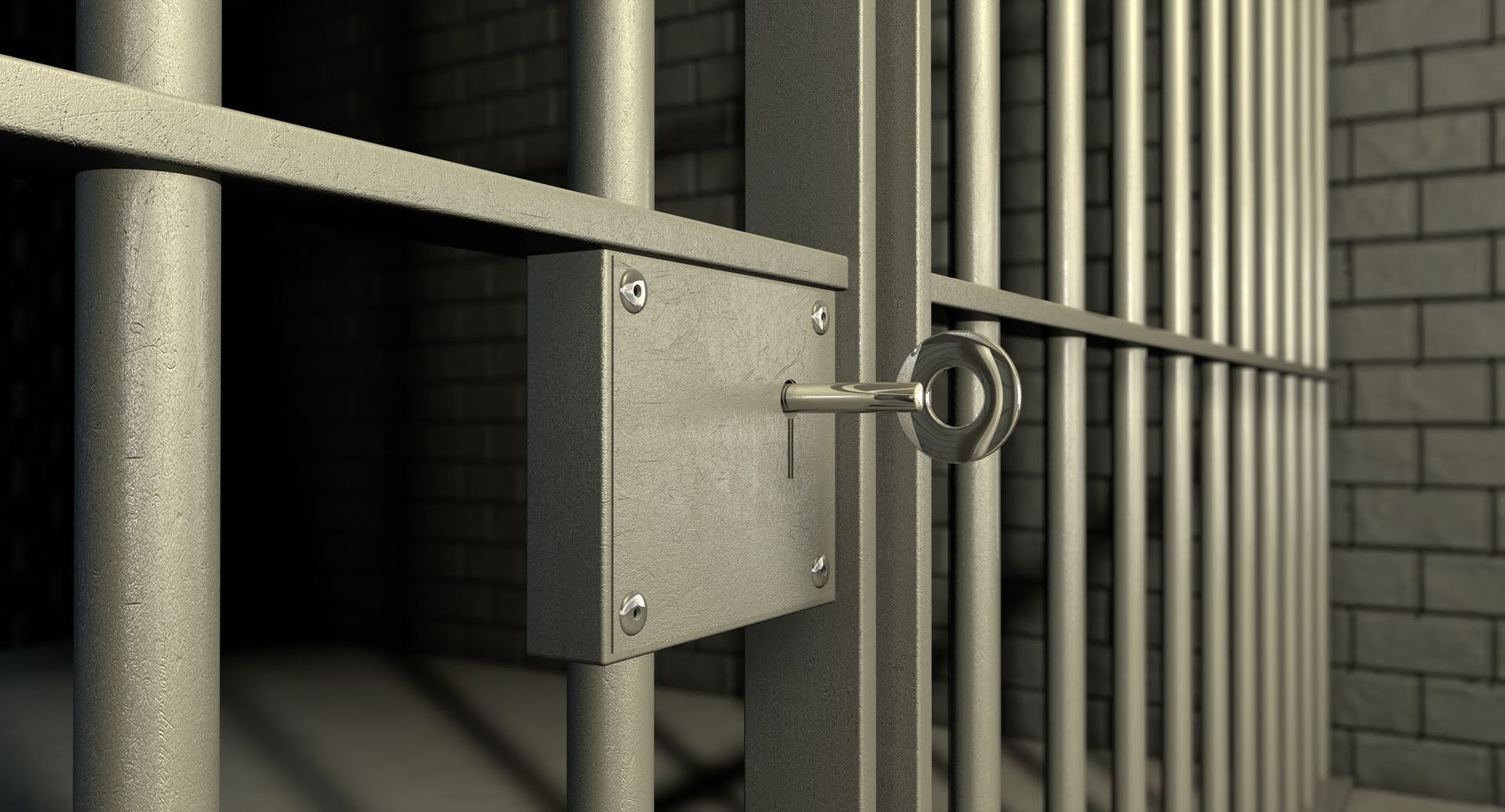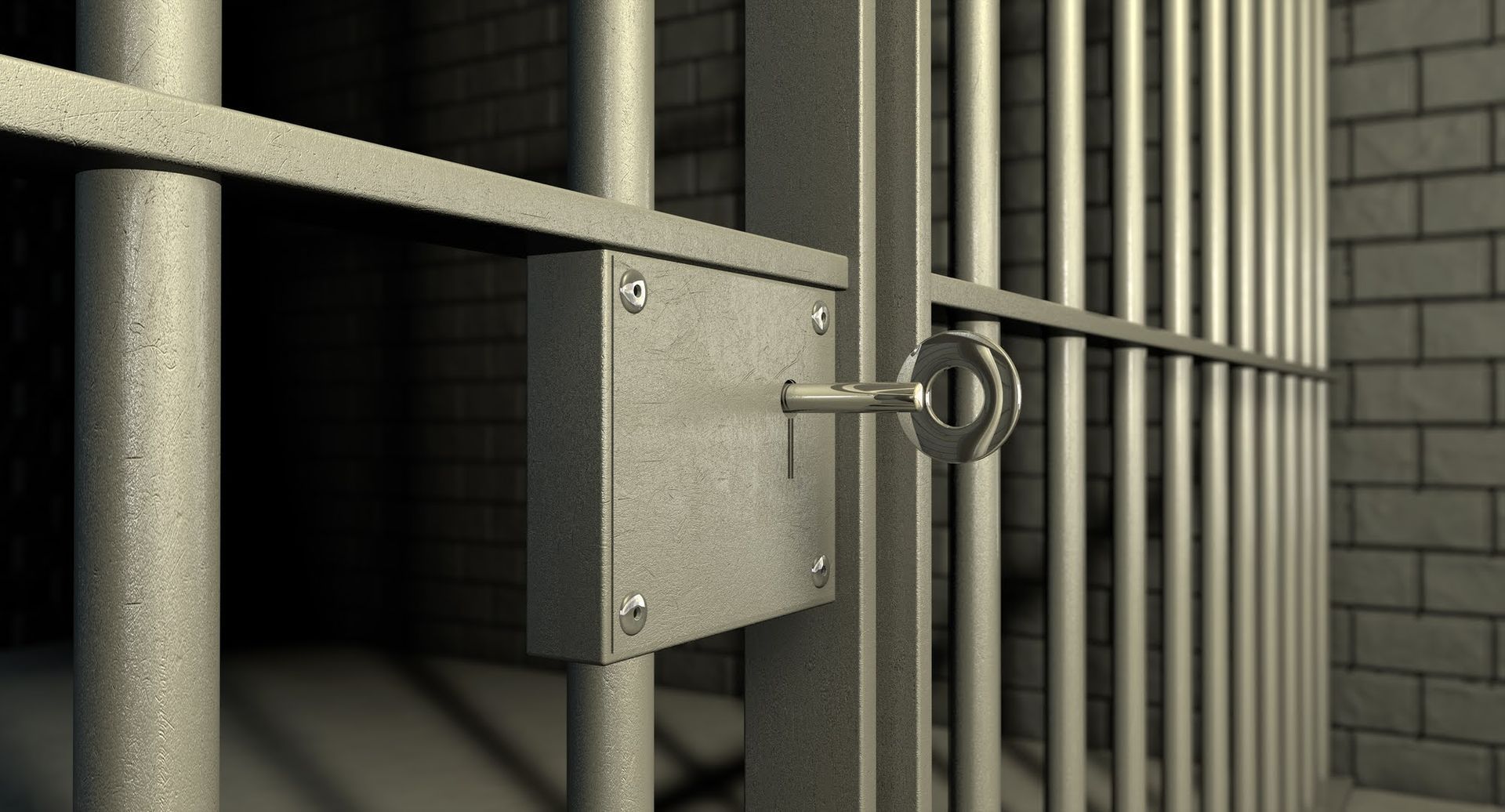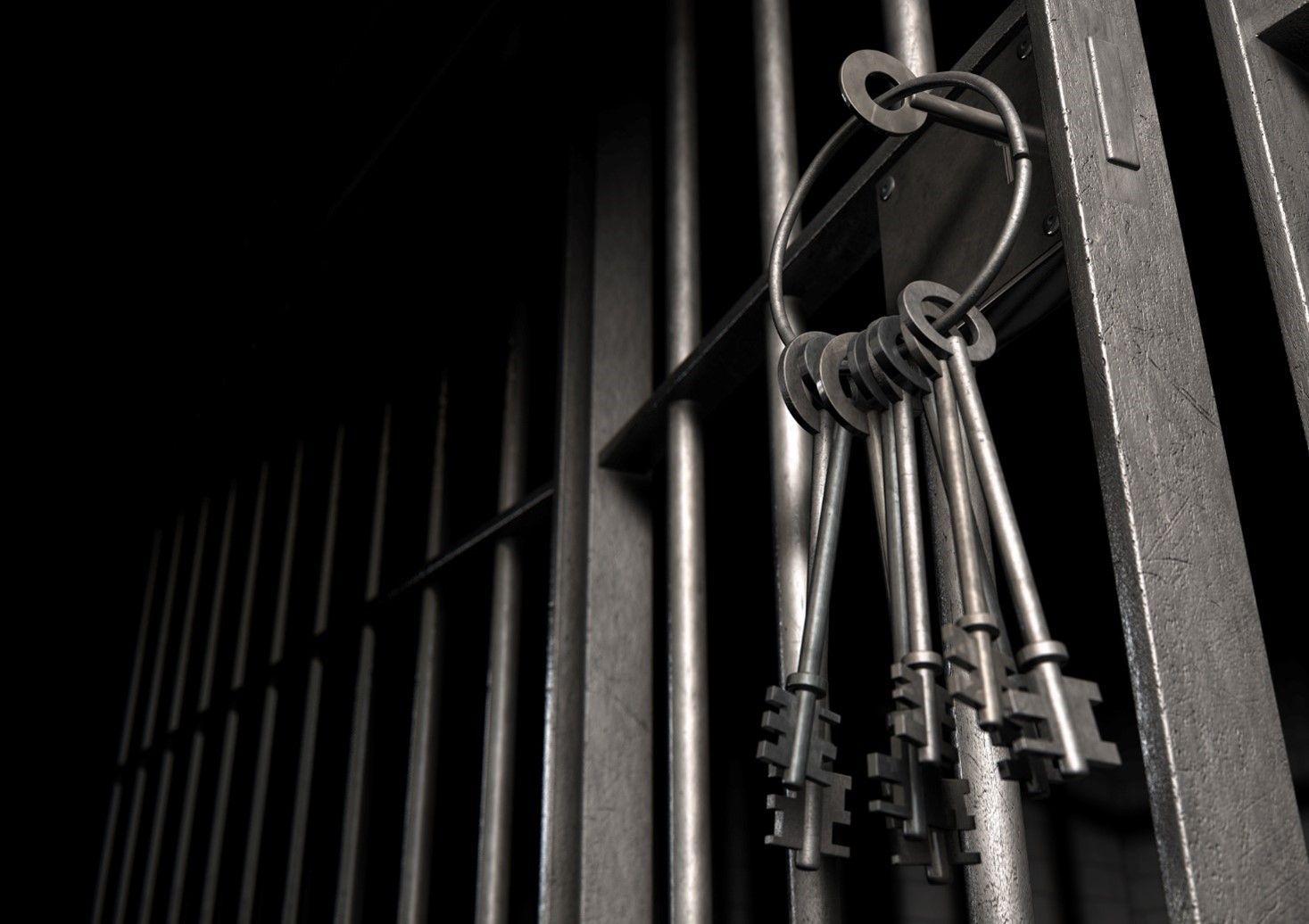Understanding the Role of Bail Bondsmen

When facing legal troubles, understanding the role of a bail bondsman is crucial. Bail bondsmen play a significant role in the criminal justice system by providing a way for defendants to secure their release from custody while awaiting trial. However, it's essential to know the limitations of their services and what they can and can't do for you. In this blog, we'll delve into the responsibilities of bail bondsmen, the services they offer, and the boundaries of their assistance.
What is a Bail Bondsman?
A bail bondsman, also known as a bail bond agent or bail agent, is a person who provides surety bonds to people in need of bail. When someone is arrested, they are typically required to pay a set amount of money, known as bail, to the court as a guarantee that they will appear for their court dates. If the defendant cannot afford to pay the full bail amount, they can rely on a bail bondsman for assistance.
What a Bail Bondsman Can Do for You?
There are many services that a bail bondsman can provide to you. Some of these services include:
Secure Release from Custody
Perhaps the most significant service provided by a bail bondsman is securing the release of the defendant from custody. By posting bail on behalf of the defendant, the bail bondsman allows them to return home and continue with their daily lives while awaiting trial.
Provide Financial Assistance
Bail bondsmen offer financial assistance to defendants who cannot afford to pay the full bail amount upfront. Instead of paying the full bail amount, defendants can pay a non-refundable fee, usually a percentage of the total bail, to the bail bondsman.
Assist with Paperwork
Navigating the bail process can be complex and overwhelming. Bail bondsmen are experienced professionals who can assist defendants with completing the necessary paperwork and fulfilling the requirements of the bail bond agreement.
Offer Guidance and Support
Facing legal troubles can be stressful and confusing. Bail bondsmen provide guidance and support to defendants and their families throughout the bail process, answering questions, addressing concerns, and offering reassurance during a challenging time.
What Can't a Bail Bondsman Do for You?
There are certain things that a bail bondsman cannot do for you. These include services such as:
Provide Legal Advice
Bail bondsmen are not legal professionals and cannot provide legal advice or representation to defendants. If you require legal assistance, it's essential to consult with a qualified attorney who can advocate for your rights and provide guidance throughout the legal proceedings.
Interfere with Legal Proceedings
Bail bondsmen cannot interfere with legal proceedings or influence the outcome of a case. Their role is limited to providing financial assistance for securing bail and ensuring that defendants meet the terms of their release.
Waive Court Appearances
Bail bondsmen cannot waive court appearances on behalf of defendants. It is the defendant's responsibility to appear in court as required, and failure to do so can result in forfeiture of the bail bond and additional legal consequences.
Negotiate Bail Amounts
While bail bondsmen can assist with securing bail for defendants, they cannot negotiate the bail amount set by the court. Bail amounts are determined by judges based on factors such as the severity of the offense, the defendant's criminal history, and flight risk.
Bail bondsmen play a vital role in the criminal justice system by providing a way for defendants to secure their release from custody while awaiting trial. They offer financial assistance, guidance, and support to defendants and their families during a challenging time. However, it's essential to understand the limitations of their services and the boundaries of their assistance. By knowing what a bail bondsman can and can't do for you, you can navigate the bail process effectively and make informed decisions about your legal situation.
Contact us at Absolute Bail Bonds to learn more.



















